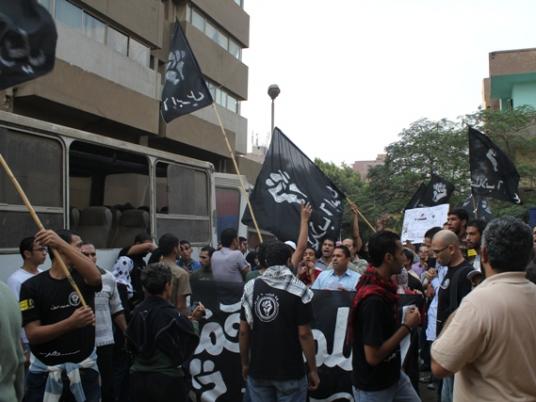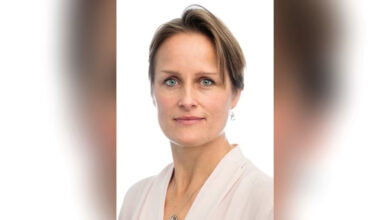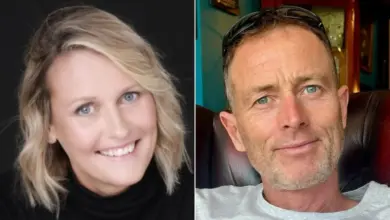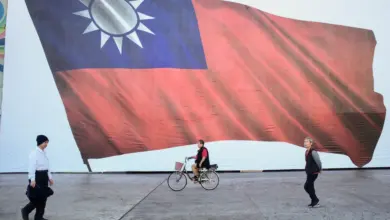
The Interior Ministry on Thursday denied the April 6 Youth Movement's accusations that the ministry's National Security Agency (NSA) spied on the movement's meeting.
The activist group accused the NSA of spying on an early November meeting, saying the agency had adopted the tactics of the disbanded State Security Investigation Services (SSIS), which it replaced.
Engy Hamdy, the April 6 spokesperson, was quoted on several Egyptian news websites as saying a stranger attended and filmed the group's meeting in 6th of October City using his mobile phone. After asking for his identification, Hamdy said, the members discovered the man was a police agent.
Under pressure from the group, the man said his superiors at the NSA office in 6th of October City had sent him to report on the meeting, Hamdy added.
In March, incumbent Interior Minister Mansour al-Essawy dissolved the notorious SSIS, replacing it with the new NSA. But observers believe the change was only cosmetic, and argue that arbitrary detentions and tortures continue in the renamed agency.
The Interior Ministry conducted extensive investigations into the April 6 allegations and found that the NSA did not send an agent to any of the movement's meetings, a security source told Al-Masry Al-Youm. The investigation also revealed that the story involving the NSA police agent was false, the source added.
The source alleged there was no connection between the security agency and the 6 April Youth Movement and “that its current policies following the 25 January revolution are not related to political events, and it does not interfere in personal matters." The source added that the “Interior Ministry does not differentiate between the various political movements and the NSA always seeks to apply the rule of law.”
The April 6 Youth Movement, established in 2008 in support of textile industry labor protests in the city of Mahalla, was at the forefront of activist groups that called for the mass protests that eventually toppled President Hosni Mubarak in February.
Tensions between the group and the ruling Supreme Council of the Armed Forces have risen in recent months following clashes between army forces and Defense Ministry-bound protesters in Abbasseya in July.
Prior to the clashes, SCAF officials had accused April 6 of receiving funding from foreign donors with divisive aims.
Translated from the Arabic Edition




